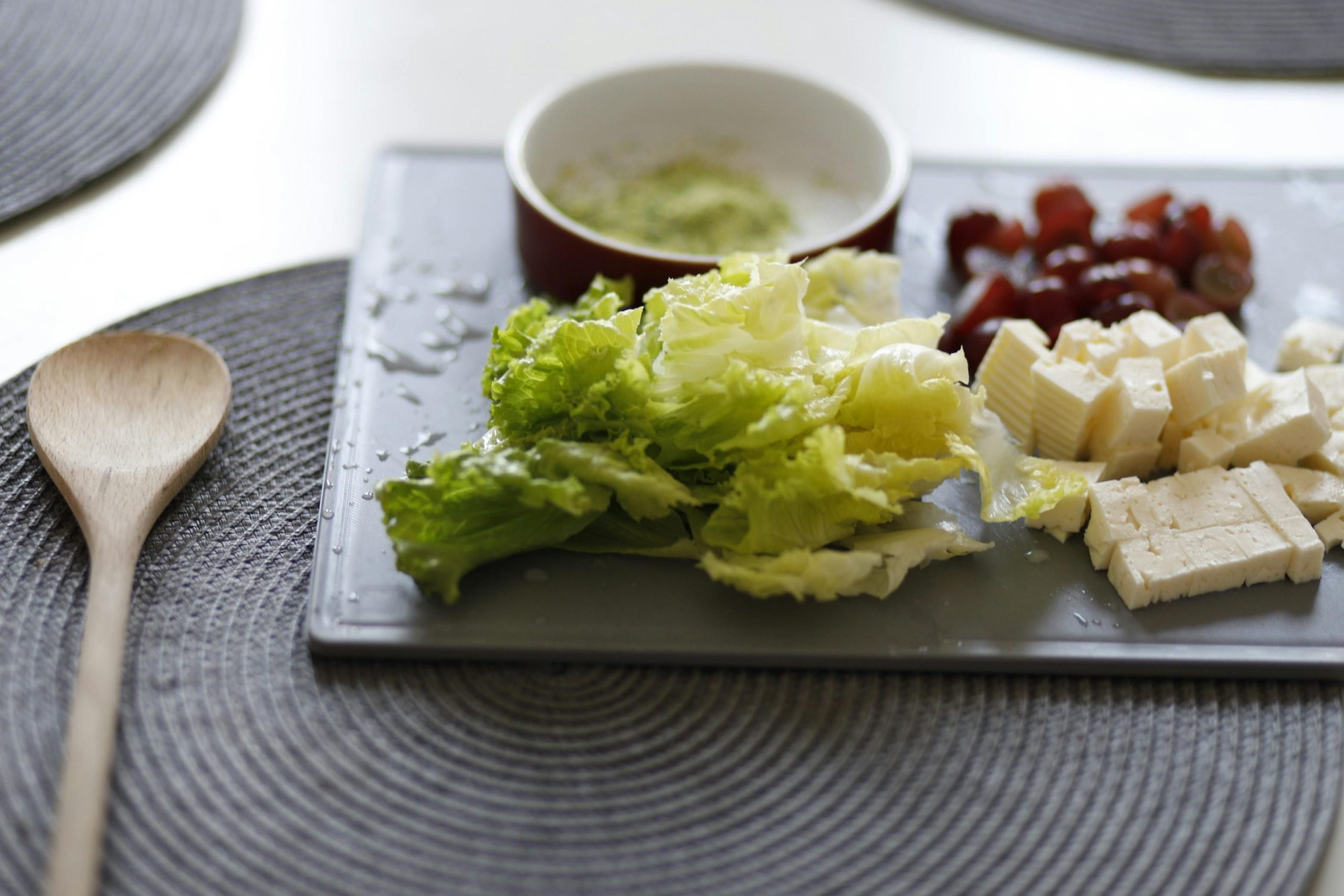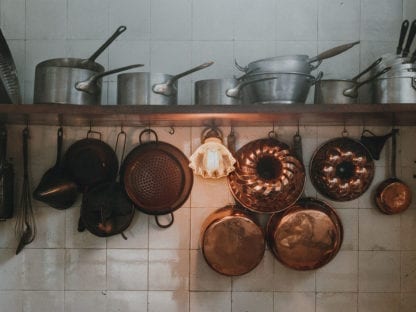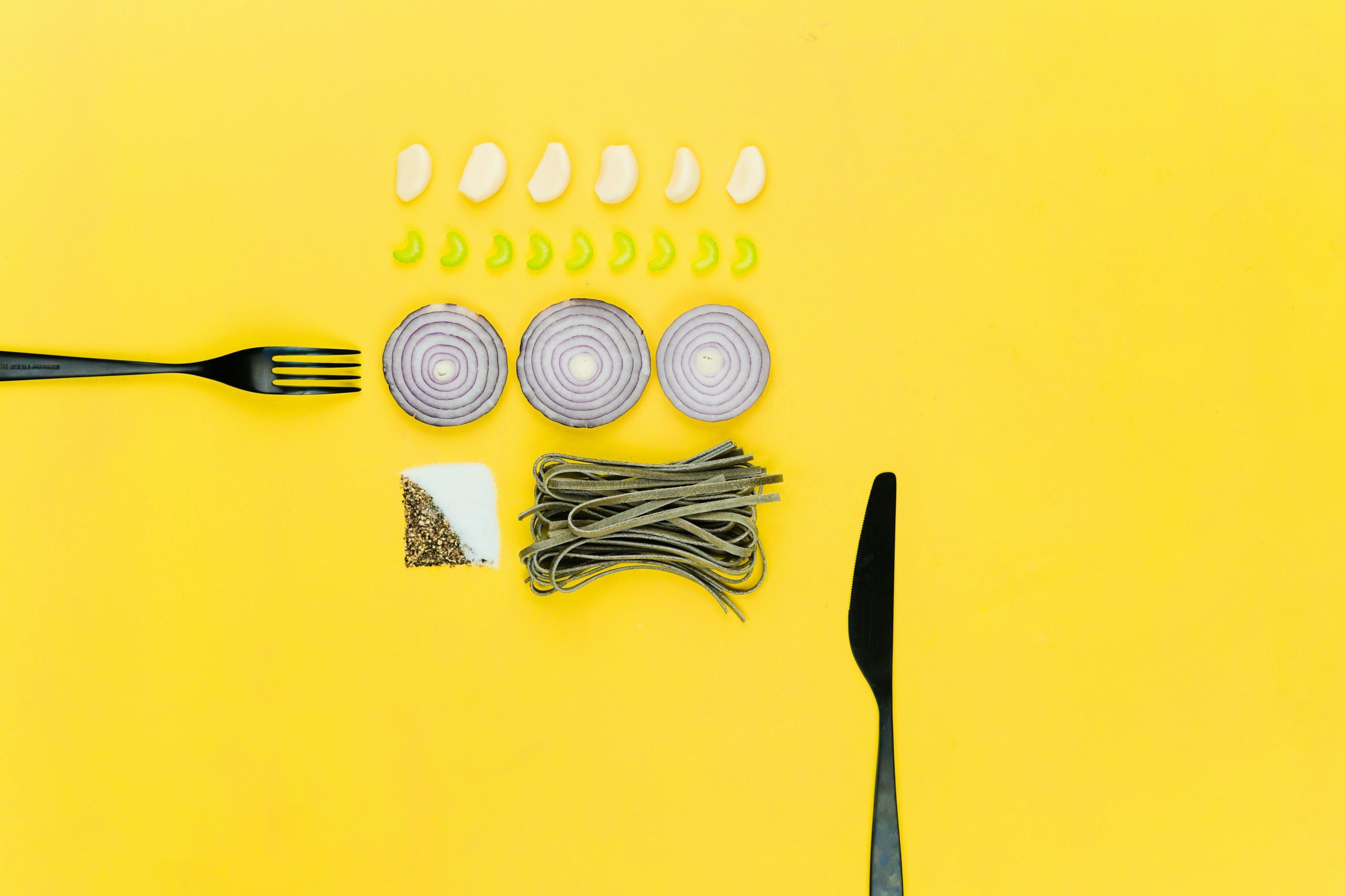Have you ever marveled at the intricate desserts at high-end restaurants and wondered who creates these edible masterpieces?
Behind every delectable dessert is a highly skilled pastry chef, whose job is as demanding as it is creative.
A culinary arts pastry chef is responsible for crafting various baked goods, desserts, and confections, utilizing both creativity and precise technical skills.
In this article, we’ll delve into the multifaceted role of a pastry chef, explore the necessary skills, education, and career pathways, and discuss how these culinary artists continue to shape the gastronomic world.
Understanding the Job Description of a Culinary Arts Pastry Chef
A culinary arts pastry chef is a master of sweet creations, skillfully blending artistry and science to produce everything from delicate pastries to elaborate desserts. Their role is dynamic, requiring not only a deep understanding of baking techniques but also an ability to innovate and present aesthetically pleasing dishes. Every day, these chefs are involved in recipe development, ingredient selection, and the execution of baking processes, ensuring each dessert meets high standards of taste and presentation.
Beyond the oven, pastry chefs manage kitchen staff, maintain inventory, and ensure compliance with health and safety regulations. Their job is a blend of creativity and precision, requiring them to be meticulous in their craft while managing the fast-paced environment of a professional kitchen. Whether working in small bakeries or large culinary establishments, pastry chefs must keep a keen eye on the evolving culinary trends and customer preferences to keep their offerings fresh and exciting.
Essential Skills for a Successful Pastry Chef

Success as a pastry chef demands a unique set of skills that blend creativity with precision. Creativity is essential, as chefs must constantly innovate to produce unique desserts that captivate and delight customers. This artistic flair must be balanced with precision baking, where exact measurements and timing are crucial for the perfect chemical reactions that baking requires.
Time management and organization are equally critical in the bustling environment of a pastry kitchen. Pastry chefs must efficiently juggle multiple tasks, from baking and decorating to supervising kitchen staff and ordering supplies. Key skills include:
- Ability to multitask and handle multiple orders simultaneously
- Adaptability to solve problems and make quick decisions
- Maintaining composure under stress to ensure high-quality outcomes
Educational Pathways for Aspiring Pastry Chefs
Aspiring pastry chefs have several educational paths available, ranging from informal apprenticeships to formal degree programs. An associate’s degree in baking and pastry arts is a popular choice, providing foundational knowledge and hands-on experience in baking techniques and dessert plating. This degree typically covers a broad curriculum that includes everything from the science of baking to the art of chocolate.
For those looking for advanced knowledge, bachelor’s and master’s degree programs offer deeper insights into culinary arts. These programs might include specialized courses in pastry design, international desserts, and the business aspects of running a bakery. Additionally, many successful pastry chefs often attend workshops and seminars to stay updated on the latest trends and techniques in the industry.
Gaining Valuable Work Experience as a Pastry Chef
Gaining practical experience is crucial for any pastry chef looking to excel in this competitive field. Internships or apprenticeships in reputable kitchens provide invaluable real-world experience, allowing aspiring chefs to apply their theoretical knowledge. During these internships, chefs learn to navigate the fast-paced kitchen environment, work under renowned chefs, and refine their baking and decorating skills.
These positions often offer opportunities to experiment with different culinary styles and to understand kitchen dynamics, including menu planning and customer service. Key benefits of culinary internships include:
- Learning from experienced professionals and receiving direct feedback
- Building a professional network that can lead to future job opportunities
- Enhancing resume and gaining confidence in professional settings
Career Progression Opportunities for Pastry Chefs
The journey of a pastry chef is marked by opportunities for growth and advancement within the culinary world. Starting from entry-level positions such as apprentice bakers or pastry cooks, individuals can climb the career ladder to become head bakers or executive pastry chefs. These higher roles not only offer increased creative control over menu offerings but also involve significant management responsibilities, including overseeing kitchen staff and managing budgets.
With the right mix of experience, education, and passion, pastry chefs can aspire to roles that are less hands-on but highly prestigious within the culinary community. For instance, becoming an executive pastry chef in a luxury hotel or a renowned restaurant provides a platform to influence the culinary trends and tastes of society. Additionally, some pastry chefs may choose to open their own bakeries or consultancy services, leveraging their reputation and expertise to establish successful businesses.
What Pastry Chefs Earn: Salary Insights
The salary of a pastry chef can vary widely, influenced by factors such as experience, location, and the prestige of the establishment. Entry-level pastry chefs may earn around minimum wage, but with experience, the potential for financial growth is substantial. For instance, executive pastry chefs in high-end establishments can command salaries that significantly exceed the industry average.
Beyond base pay, pastry chefs often have opportunities to increase their earnings through performance bonuses, profit-sharing schemes, and other benefits. Those who open their own businesses can potentially earn more, though this comes with greater financial risk and increased responsibilities. Continuous professional development and specialization in high-demand areas of pastry making can also lead to higher pay and better job opportunities.
Exploring Different Roles for Pastry Chefs
Pastry chefs can explore a variety of roles depending on their interests and skills. In smaller bakeries, they might be involved in a wide range of tasks from baking to customer service. In larger establishments, such as hotels or luxury resorts, pastry chefs might specialize in creating complex desserts or managing a team of bakers.
The role of a pastry chef can also vary significantly based on the type of establishment. For instance, those working in high-volume production bakeries may focus on efficiency and consistency, using advanced machinery for large-scale production. Conversely, pastry chefs in boutique patisseries or fine dining restaurants often focus on artisanal techniques and the artistic presentation of their desserts. Each setting offers unique challenges and opportunities for creative expression and career growth.
Specializations Within the Pastry Chef Profession
The world of pastry chefs is vast and varied, with professionals often specializing in specific areas to hone their craft and stand out in the culinary industry. Some may choose the intricate world of chocolate making, mastering the art of tempering and molding to create exquisite chocolates and truffles. Others might dive into the delicate sugar arts, focusing on creating stunning edible decorations and showpieces from sugar. Each specialization not only enhances a chef’s skill set but also broadens their creative horizons in dessert making.
Additionally, many pastry chefs find their passion in the art of bread baking, where the science of yeast and fermentation comes to life in the form of artisan breads and pastries. This specialization requires a deep understanding of dough conditioning and baking techniques to produce everything from flaky croissants to robust sourdough loaves. Whether a pastry chef chooses to focus on chocolates, sugar arts, or breads, each area offers unique challenges and opportunities to excel in the ever-evolving culinary landscape.
Is a Formal Degree Necessary for Pastry Chefs?
While a formal degree in pastry arts can provide a structured foundation and comprehensive understanding of culinary techniques, it is not strictly necessary to become a successful pastry chef. Many professionals in the field have thrived without a formal degree, relying instead on hands-on experience and apprenticeships. These alternative paths offer practical learning and the opportunity to develop skills in a real-world setting, which can be highly valuable in the fast-paced culinary environment.
The choice between pursuing a formal education or diving directly into the industry depends largely on personal circumstances and career goals. Consider the following:
- Learning Style: Do you prefer a structured academic environment or learning on the job?
- Financial Resources: Are you able to afford tuition for culinary school?
- Career Ambitions: Do you aspire to work in high-end establishments where a degree might be favored, or are you looking to start your own bakery?
Answering these questions can help determine the best path for your culinary career.
Careers Related to the Pastry Chef Profession
Exploring careers related to being a pastry chef opens up a variety of paths that utilize similar skills and passions. For instance, becoming a chocolatier involves focusing on the art and science of chocolate making, which requires a keen eye for detail and creativity, much like pastry making. Another exciting avenue is becoming a bakery owner, where one can leverage both baking prowess and business acumen to run a successful enterprise. These roles not only demand the culinary skills a pastry chef might already possess, but also offer new challenges and opportunities for growth.
The skills that pastry chefs develop, such as precision in baking, creativity in dessert design, and customer service, are highly transferable to these related careers. For example:
- Chocolatiers need to understand the tempering of chocolate, a skill akin to the meticulous temperature control required in pastry baking.
- Bakery owners benefit from the organizational skills of managing a kitchen, along with customer service experiences. This combination of culinary expertise and business management can lead to a fulfilling career owning and running a bakery.
Enhance Your Pastry Chef Skills with Indulge‘s Culinary Experiences
For aspiring pastry chefs, enhancing your skills goes beyond the kitchen. INDULGE‘s culinary experiences in Zurich offer a unique opportunity to dive deep into the world of high-end pastry making. By participating in these tours, you’ll gain hands-on experience with local and international dessert techniques, guided by experts in the field. This practical exposure is invaluable, allowing you to apply and expand your culinary knowledge in real-world settings.
INDULGE‘s offerings are designed to not only introduce you to new skills but also to inspire creativity. Key benefits include:
- Learning from seasoned professionals who share insights and tips specific to pastry making.
- Exploring the rich culinary history of Zurich, which can influence and enhance your dessert creations.
These experiences serve as a bridge between traditional education and innovative culinary practice, making them a must for any pastry chef looking to elevate their craft.
Frequently Asked Questions
What is a pastry chef in culinary?
A pastry chef in culinary arts is a professional who specializes in creating baked goods, desserts, and confections. They combine creativity and precise technical skills to craft everything from delicate pastries to elaborate desserts. Their responsibilities extend beyond baking, including managing kitchen staff, maintaining inventory, and ensuring compliance with health and safety regulations.
What is pastry in culinary arts?
In culinary arts, pastry refers to a variety of baked goods including desserts, confections, and other sweet creations. Pastry chefs use their knowledge of baking techniques and ingredients to innovate and present aesthetically pleasing dishes, which can range from simple cakes and cookies to intricate desserts and artistic confections.
What is the difference between culinary and pastry chef?
The main difference between a culinary chef and a pastry chef lies in their areas of specialization. Culinary chefs typically focus on the preparation of meals, including appetizers, entrees, and side dishes, using a variety of cooking techniques and ingredients. Pastry chefs, on the other hand, specialize in the creation of desserts, baked goods, and confections. While culinary chefs might handle a broad range of dishes, pastry chefs are experts in the art and science of baking and dessert making.








